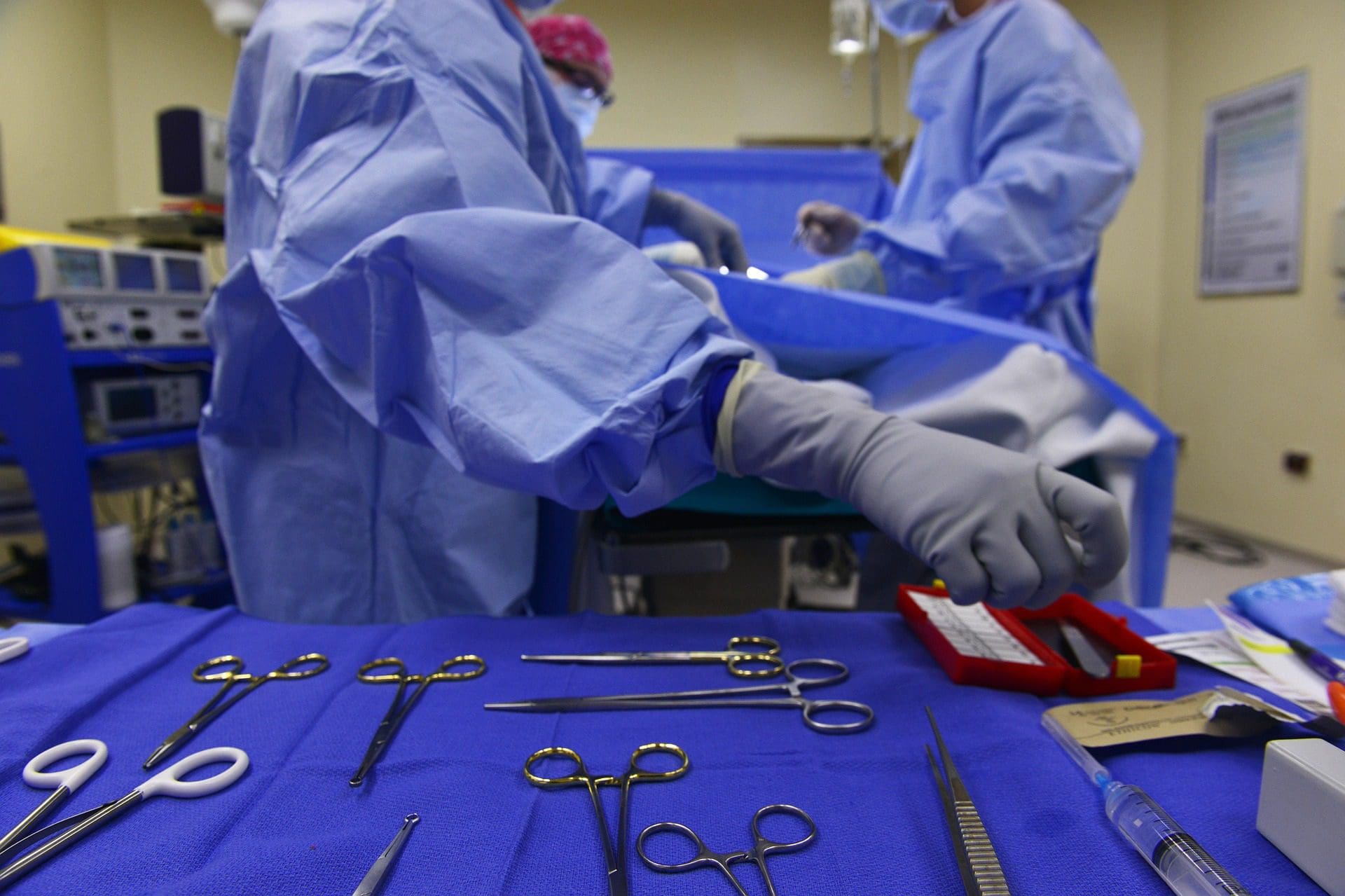
Let’s get one thing out of the way right now: Weight-loss surgery isn’t just a lazy way to drop a few kilos, especially if you’ve got more weight to lose than you care to admit.
Real talk: “The chance of a very obese person maintaining weight loss with diet and exercise alone — or even on medications — is about 2 percent after six months,” says clinical professor of surgery Dr Erik Dutson.
And while trying to willpower your way to weight loss first sounds nice and all, sometimes, doing weight-loss surgery sooner rather than later is actually your smartest choice: “I think bariatric surgery has always been thought of as last resort, but actually the longer you wait, the less the effect it has,” Dutson says.
Wondering if a procedure like bariatric surgery might be right for you? Here are the questions doctors ask patients before they make the final call.
Do You Have Any Underlying Health Conditions?
You can have health problems like diabetes and high blood pressure and still get weight-loss surgery — but the key is to have these conditions under control. Otherwise, it ups the risk of complications, Dutson says.
That means patients need to take medications to regulate symptoms well before they ever set foot in the operating room.
READ MORE: 5 Reasons You’re Gaining Weight That Have Nothing To Do With Food
“Lots of patients come in and say the reason they want the surgery is to control their diabetes,” Dutson explains. “But my response is: Even if you have to go on insulin temporarily, that’s much better in terms of safety during the operation — and then after surgery, you can go off the meds completely.”
Have You Had Any Addiction Problems In The Past?
Most patients go through a psychological analysis pre-surgery, says Dutson. This helps ID and address any addiction problems — including those related to food.
“The problem here is addiction replacement,” he explains. In other words, if someone is addicted to food, then after surgery, they’re more likely to get develop an unhealthy relationship with something like drugs, alcohol, or even sex or gambling.
“If you take away the food, they’ll seek to replace that,” Dutson says. “So you need to address these addictive drives first so they’ll be set up for success later.”
READ MORE: “Help! I Married A Feeder – And He Likes His Women Big…”
Do You Smoke?
Sorry to break it to the smokers out there, but this habit tends to coincide with an addictive personality, Dutson says — which can lead to the issues mentioned above.
What’s more, smoking can also increase the risk of complications (not exactly a shocker considering that side effects of smoking: a higher chance of heart disease, respiratory problems and stroke).
Have You Already Started Making Healthy Changes?
You can’t just go under the knife and expect to see lasting results without overhauling any of the habits you had beforehand, says Dutson.
And while pre-op behaviours don’t always match what a patient will do post-op, some doctors (including Dutson) won’t consider you for surgery unless they see that you’ve already started making an effort in the whole “I’m eating better and moving more” department.
“This just increases the risk and minimises the potential benefit,” says Dutson.
READ MORE: Why Does It Feel So Much Harder To Lose Weight When You’re Short?
The pre-operation period is about three to six months for the typical patient, so this is the time when you need to start making diet and exercise changes — and lose a few kilos.
Dutson says he encourages about five percent weight loss (so for a 150kg person, that’s seven or eight kilograms). “The fact is that most patients we see have been on a million different diets and have been temporarily successful in weight loss, but gained it back, which is normal,” he says. “But if they were able to lose weight temporarily, they will probably be very successful, because surgery makes it permanent.”
This article was originally published on www.womenshealthmag.com
Source Link – https://www.womenshealthsa.co.za/weight-loss/weigh-loss-surgery/





